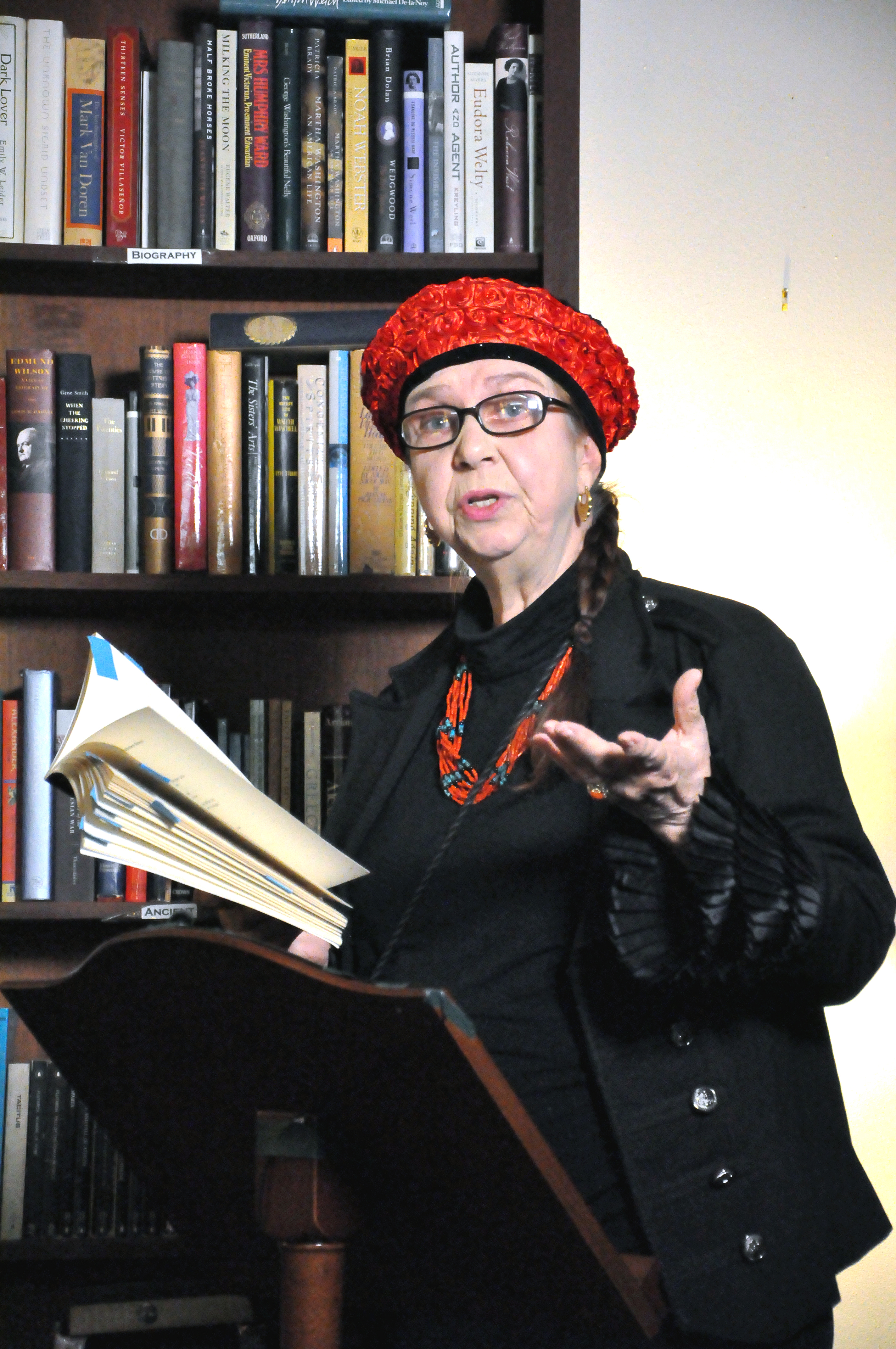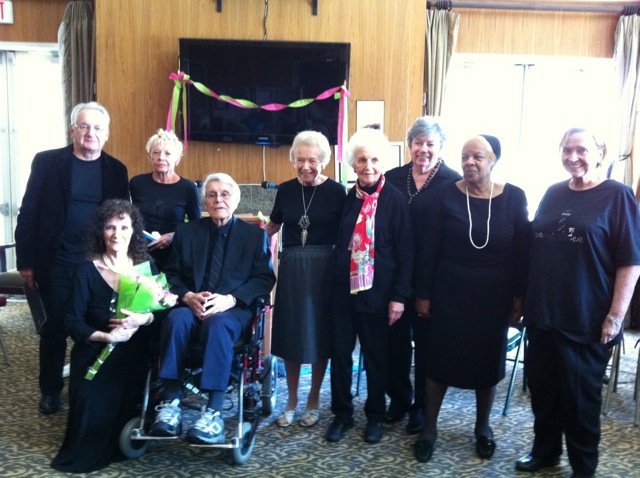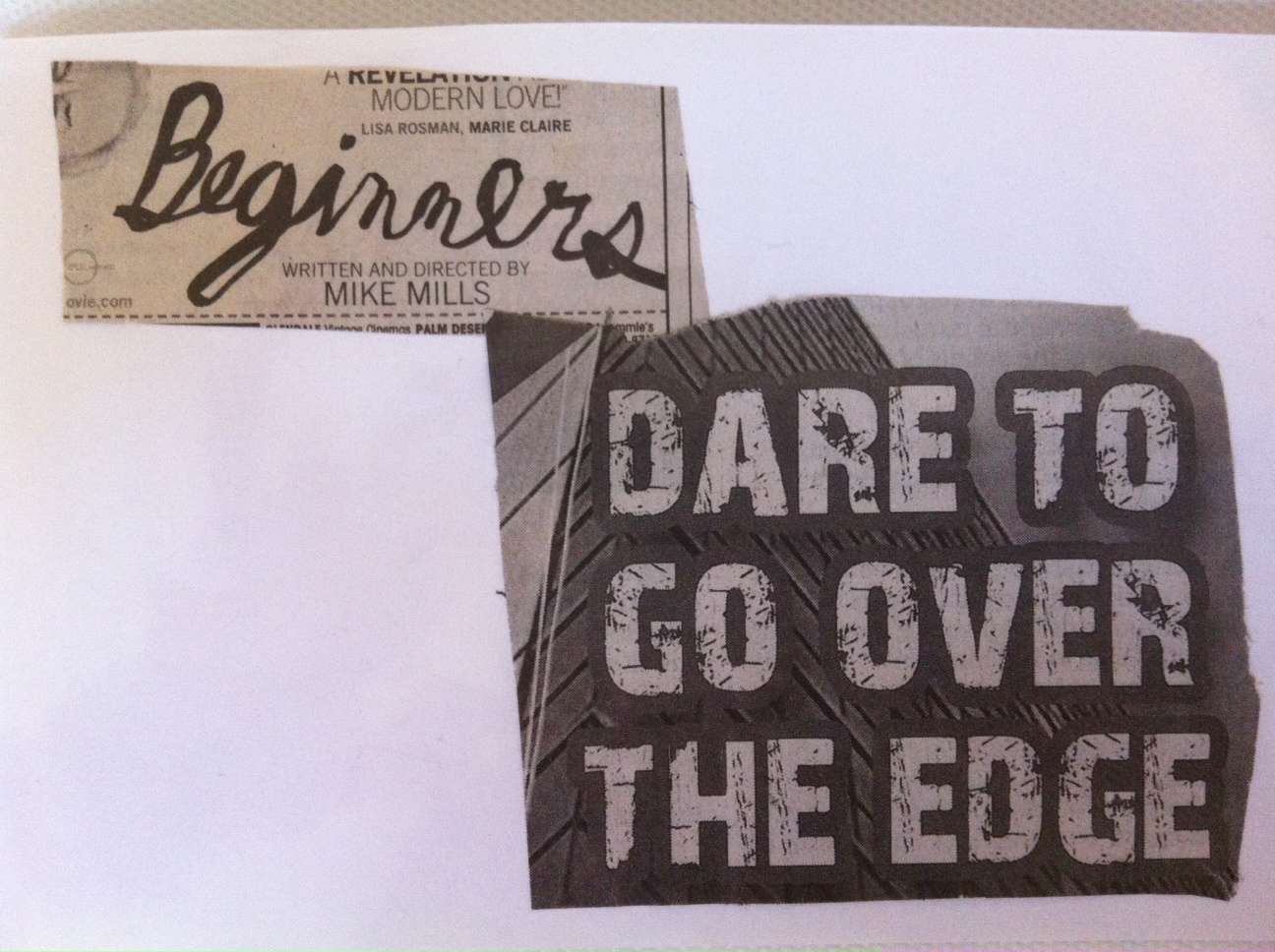Man Asian Literary Prize Announces Long List
The Hong Kong-based Man Asian Literary Prize recently announced the long list for its 2012 prize. The international award is given annually for a novel by an Asian writer, written in or translated into English and published during the previous year. The winner, who will be announced in March, will receive $30,000.
The list includes Goat Days (Penguin Books India) by Benyamin of India; Between Clay and Dust (Aleph) by Musharraf Ali Farooqi of Pakistan; Another Country (Fourth Estate) by Anjali Joseph of India; The Briefcase (Counterpoint Press) by Hiromi Kawakami of Japan;Thinner Than Skin (HarperCollins Canada) by Uzma Aslam Khan of Pakistan; Ru (Clerkenwell Press) by Kim Thúy of Vietnam and Canada; Black Flower (Houghton Mifflin Harcourt) by Young-Ha Kim of South Korea; Island of a Thousand Mirrors (Perera Hussein) by Nayomi Munaweera of Sri Lanka; Silent House (Knopf) by Orhan Pamuk of Turkey; Honour (Viking) by Elif Shafak of Turkey; Northern Girls (Penguin China) by Sheng Keyi of China; The Garden of Evening Mists (Myrmidon Books) by Tan Twan Eng of Malaysia; The Road To Urbino (Abacus) by Roma Tearne of Sri Lanka and the United Kingdom; Narcopolis (Faber and Faber) by Jeet Thayil of India; and The Bathing Women (Blue Door) by Tie Ning of China.
Thúy and Tearne were eligible this year under the Prize’s new rule regarding writers who have lost their Asian nationality through state action.
In a press release, David Parker, executive director of the prize, said: “This list testifies to the strength and variety of new writing coming out of a culturally emergent Asia. It is full of stories the world hasn’t heard before and which the world needs to hear. It brings together seven books in English translation, which means that, as well as introducing exciting debut novelists, the Prize is also bringing to international attention some best-selling and important writers who are little known outside their own language communities.”
The chair of judges, international journalist and cultural critic Maya Jaggi, is joined by Vietnamese American novelist Monique Truong and award-winning Indian novelist Vikram Chandra.
The fifteen long-listed candidates will be narrowed down to a shortlist on January 9, and the winner will be announced on March 14 at a celebratory dinner in Hong Kong.
Established in 2007, the Man Asian Literary Prize is sponsored by the Man Group, which also oversees the Man Booker Prize for British literature and the Man Booker International Prize. The 2011 winner of the Asian Literary Prize was South Korean writer Kyung-sook Shin for her novel Please Look After Mom (Knopf). She was the first woman and first South Korean writer to win the prize.
Visit the Man Asian Literary Prize website for more information and submission guidelines, and to find out more about the long-listed novelists.
In the video below, watch the longlist announcement from David Parker and a Q&A with Maya Jaggi.






 If you want to read the best poems by a poet who’s been struck by lightning at least twenty-two to twenty-three times, and you have $3.94 (three dollars and ninety four cents for a handsomely produced 192 pages!),
If you want to read the best poems by a poet who’s been struck by lightning at least twenty-two to twenty-three times, and you have $3.94 (three dollars and ninety four cents for a handsomely produced 192 pages!),  On November 7, 2012, the morning after Barack Obama was elected for his second term as President, my co-worker Andrew Wessels and I made the hour-long drive across the sprawl of Los Angeles, from the Westside to the
On November 7, 2012, the morning after Barack Obama was elected for his second term as President, my co-worker Andrew Wessels and I made the hour-long drive across the sprawl of Los Angeles, from the Westside to the  The most senior member, 90-year-old Karolyn Merson, said of the workshop: “I came here and just blossomed out. It ignited my life.” Later, Merson passed around her chapbook full of astute and often humorous haiku, as well as a booklet of collaged found poems culled from the pages of the Los Angeles Times.
The most senior member, 90-year-old Karolyn Merson, said of the workshop: “I came here and just blossomed out. It ignited my life.” Later, Merson passed around her chapbook full of astute and often humorous haiku, as well as a booklet of collaged found poems culled from the pages of the Los Angeles Times.